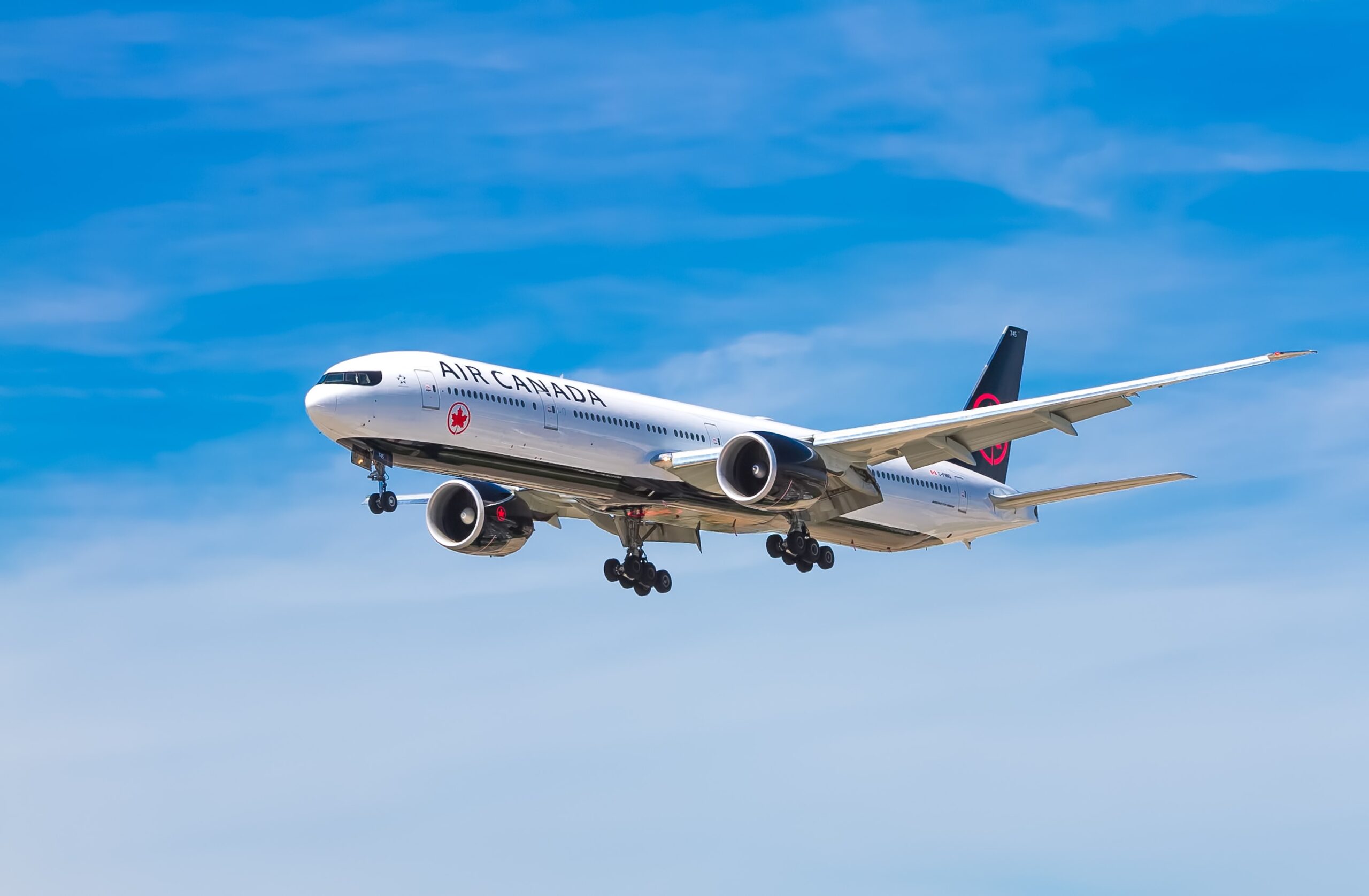Air Canada will not take over Air Transat. $ 180 million contract cancelled.
The $ 180 million acquisition deal for rival Air Transat was cancelled by Air Canada on Friday.
By completing the planned merger of Canada’s largest carrier with Canada’s third-largest carrier, the future of Montreal-based loss-making Air Transat was put into question.
The value of the contract, which was announced in June 2019, and which originally amounted to $ 720 million, was reduced in October 2020 due to the collapse of the aviation market during the pandemic.
The agreement received the approval of the Canadian government in February but was still under scrutiny by the European Commission – the government’s counterpart in the European Union – due to the significant presence of these two companies in the European market.
Air Canada released a statement on Friday saying it became clear to it that the European Commission would not approve the deal even after the airline offered concessions.
Air Canada seems to have actually moved away from the negotiating table as it preferred the solution to the humiliation of being told by a foreign regulator what to do. The European Commission wanted concessions and required patience.
Margrethe Vestager, executive vice president of the European Commission, said Air Canada and Air Transat have not yet offered enough concessions to allay antitrust concerns. She also said preliminary findings showed that the proposed deal would raise concerns about the competitiveness of a large number of Atlantic routes. After a market analysis in Europe, it turned out that the concessions offered were insufficient.
Air Canada will now pay $ 12.5 million in compensation to Air Transat for the withdrawal.
The current situation means that Air Transat may be looking for a new buyer or trying to act on its own. The airline, which was also the tour operator, ceased operations on March 11 and did not operate for four months in 2020. This happened after the collapse of the aviation market, the closure of borders and the introduction of travel restrictions due to the pandemic.
The future of Air Transat is in question but is unlikely to be shut down completely. A few Quebec players will not let this local and Canadian, yet international company fail.
One party that does not want to let Air Transat go bankrupt is Quebec entrepreneur Pierre Karl Peladeau, who made an offer to buy shares in the carrier. The conditions he set were to have a realistic business plan focused on sectors with high growth potential, expertise and job creation in Quebec, and the development of the company’s headquarter in Montreal. As he stated, he would like to ensure independence for Air Transat, in a competitive market, for the benefit of Quebec and Canadian consumers.
Other survival options for Air Transat, according to the airline’s president Jean-Marc Eustache, would be a loan of $ 500 million. Talks with the federal government on this topic are ongoing.
Quebec’s Minister of Economics, Pierre Fitzgibbon, said the provincial government “will not leave Air Transat without help”.
Quebec Prime Minister François Legault, who co-founded Air Transat in 1986, said the province was considering several scenarios for Air Transat with or without Air Canada.
The Canadian government agreed in February to Air Canada’s proposed deal, under the conditions that Air Canada retains 1,500 of Air Transat’s 5,000 employees, maintains its headquarters in Quebec, and somehow protects Canadian consumers from higher prices and poorer service.
The Canadian government has agreed to merge Air Canada with Air Transat despite a negative report by the Competition Bureau. According to this authority, the merger would increase ticket prices, monopolize 60% of transatlantic flights, and monopolize slots at airports in Toronto, Montreal and eastern Canada.
Air Canada has so far laid off 20,000 of its 38,000 workers and grounded most of its fleet.



